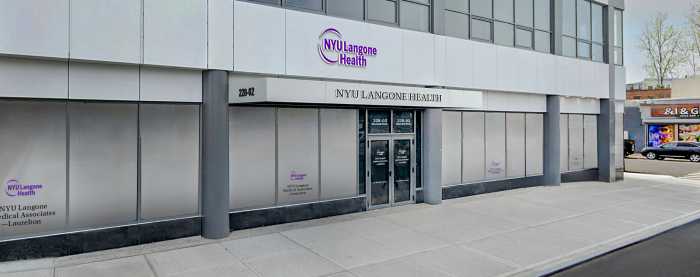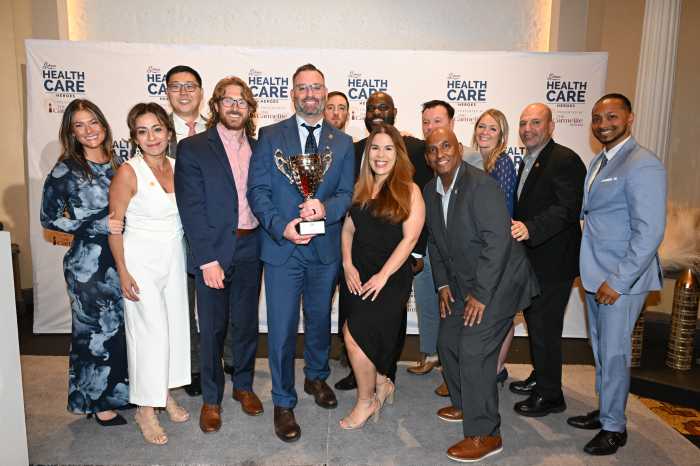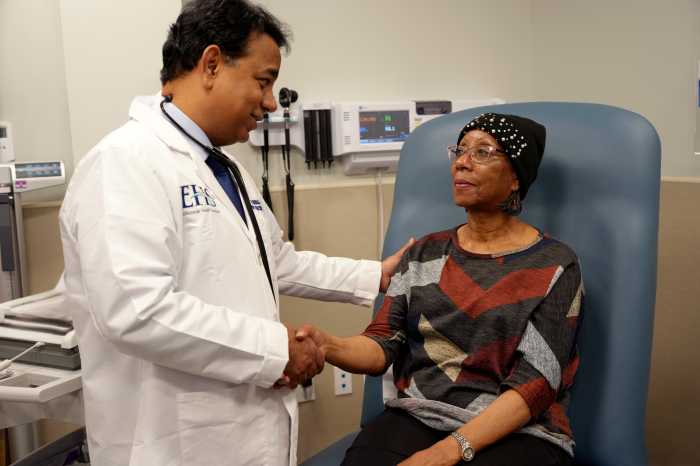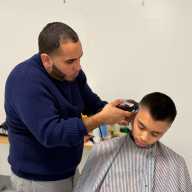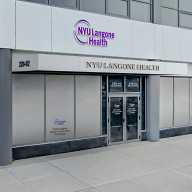Faced with potentially losing his left leg, Little Neck resident Franklin Lloyd’s doctors found a different solution to his infection problem - anti-bacterial Medihoney.
In 1995, Lloyd had a kidney transplant. Because of the immune suppressant medications he was on, he ended up having various infections and sought treatments from Dr. Marcia Epstein, an infectious disease specialist at North Shore University Hospital.
A little more than a year ago, in December of 2007, Lloyd developed bacterial cellulites in his leg. Epstein said it got progressively worse and he had to be hospitalized. It was eventually discovered that the cause was cryptococcus yeast.
“Despite aggressive anti-biotic management, his leg was not doing well,” Epstein said.
A possible option to treat the problem was surgery where the 68-year-old Lloyd would go through aggressive debrisment. During such a procedure, non-viable tissue is surgically cut off in order to get to healthy tissue.
However, Epstein wasn’t sure if it would be safe for Lloyd to have surgery. He was also opposed to the idea. There was also a chance that the leg would have to be amputated.
“I don’t have a strong kidney and my normal kidney function is somewhat diminished anyway,” Lloyd said. “The fear was I would have to trade my leg for the kidney. That was a big concern.”
Epstein called in the hospital’s wound care team to see if they had any suggestions on how to help Lloyd. Mary Brennan, RN, of the team said that at the point they were called in there was an increasing amount of non-viable tissue, which “can harbor bacteria.”
The team eventually began looking through literature to look for something that might work when they came across Medihoney. It has been approved by the U.S. Food and Drug Administration and is “a highly absorbent, seaweed-based material saturated with manuka honey.”
“We would all laugh about how holistic we felt using the honey,” Brennan said. “This has been a treatment they used many years ago and we discounted because we wanted to be cutting edge and we thought some of the other products were better. I actually found this worked very well.”
Brennan said that the Medihoney dressing had a “wonderful effect” on Lloyd. It softened some of the dead, non-viable tissue. That enabled the doctors to remove it non-aggressively.
“For Mr. Lloyd, we were able to get his leg back into a healing state by usage of the honey dressings,” Brennan said.
Epstein noted that the Medihoney was one part of an entire process and that Lloyd is still undergoing treatment.
Of his treatment, Lloyd said that sometimes some of simplest things can be worth revisiting.
“It was wonderful. The team of doctors was very special and very smart,” Lloyd said. He also said, “This was really a Godsend with regard to this particular problem.”

